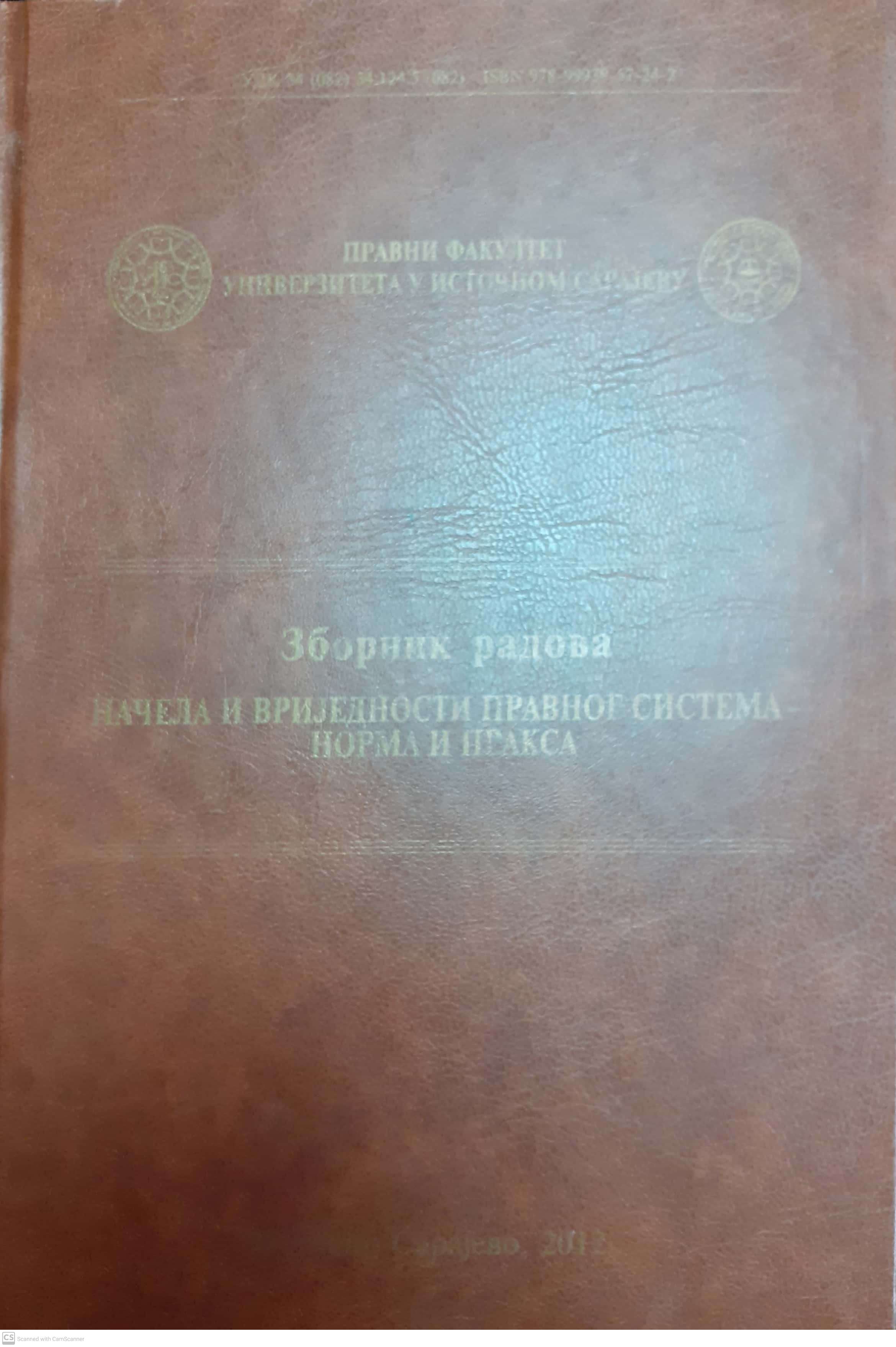Утврђивање мишљења детета у паpницама за развод брака у контексту најбољег интереса детета
Regulating the Views of the Child in the Divorce Litigations in the Context of Securing the Best Interest of the Child
Author(s): Zoran Ponjavić
Subject(s): Civil Law, Family and social welfare
Published by: Правни факултет Универзитета у Источном Сарајеву
Keywords: Best interest of the child;Child's view;Divorce case;
Summary/Abstract: In this work the author analyzes two important principles of the Convention on the Rights of the Child: the best interest of the child and the child’s right to freely express its views. The relationship between these two principles is best reflected in divorce cases when the court has to pass a decision related to custody and maintaining of personal relations between the child and non-custodial parent. In practice, the problem arises in the situation when it is not clearly defined, that is, given as a legal standard, what represents the best interest of the child and when the expressing of child’s view depends on the assessment whether the child is capable of forming his own opinion. According to the Republic of Serbia Family Law this capacity is acknowledged to the child above the age of 10, while in all other cases it is the court or an administrative organ who decides on the child’s capacity to form his views. In divorce litigation, a child has the right to express his view under certain conditions, but he is not obliged to do so. In this work the author also analyses the position of the child in this proceeding. The child is not considered to be a party in the proceeding, only a privileged informant. In the conclusion, the author underlines the danger of possible manipulation of the child by his parents, since the child’s views can often be used as the evidence in the case in which the parents are in a conflicting situation. Therefore, the court should be allowed in all cases, not only in those involving the children under the age of 10, to assess whether the child’s participation in the proceeding is in his best interest. Not always the autonomy of the child and his rights are synonymous with his best interests.
- Page Range: 30-52
- Page Count: 23
- Publication Year: 2011
- Language: Serbian
- Content File-PDF

